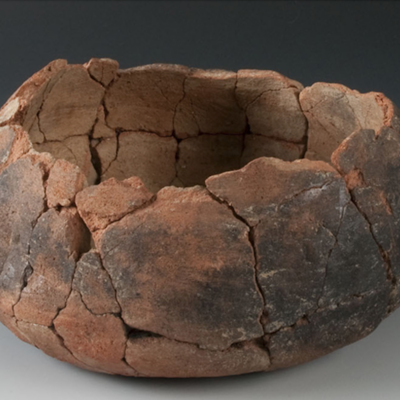Change. If the November election was about anything, it was about changing the political culture in Washington.
Well, last week in Richmond the Virginia Senate unanimously passed a bill that will dramatically change the culture of Virginia politics. Senate Bill 926 is the most important bill in this year’s General Assembly, in my opinion, and is being pushed by our own Senator Creigh Deeds. This bill, if it passes the House of Delegates and is signed by the Governor, will establish a Bipartisan Election Commission to redistrict Virginia’s House of Delegates, state Senate and congressional districts in 2011 and every decade thereafter.
|
Senator Creigh Deeds has been on a seven-year mission to eliminate partisan redistricting. |
So why is Creigh’s bill so important? Because partisan redistricting has created a huge mess. Partisan redistricting means that the party in power in Richmond at the time of redistricting (every 10 years, after the census) decides how to redraw district lines. Inevitably, the party in control aims to protect their incumbents and maximize the number of districts friendly to their party, often ignoring issues of jurisdictional boundaries and compactness. Today, for example, Albemarle is part of four House and two Senate districts, and Senator Deeds has a seat that stretches from the West Virginia line in Alleghany County to the northeastern edge of Albemarle. Opposing party incumbents are often redistricted out of their seats: Republicans redistricted current State Democratic Chairman and then Minority Leader Dick Cranwell out of his delegate seat in 2001, and Democrats likewise redrew lines that left Congressman George Allen in the lurch in 1993, a move that backfired when Allen said fine, I’d rather be governor anyway.
But boundaries are only part of the problem. Partisan redistricting creates “safe” districts for both parties. Elections become uncompetitive, to the point that the hard part is winning the Democratic or Republican nomination (just look at 2007, when neither Senator Deeds, nor Delegates David Toscano and Rob Bell, had opponents). Winning the nomination generally means appealing to the most partisan Democratic or Republican voters, so you end up with mostly very conservative Republicans or with very liberal Democrats in Richmond. And a state legislature incapable of working together, forging compromises or actually solving problems.
But the minority party, as it strives to regain power, moves to the political middle as the party in power drifts further to the left or right. Effective, get-things-done leaders like Creigh Deeds in the Senate (and David Toscano in the House of Delegates) mean that the Democrats will likely be in charge as we redistrict in 2011, with, in my opinion, Creigh Deeds the governor.
Which makes Creigh’s seven-year mission to reform this process all the more interesting. This is the third year his bill has passed the Senate, and is hopefully the charm for prospects in the House of Delegates (call your Delegate!). His bill requires not only that there be a bipartisan commission, but that districts be compact and contiguous, respect jurisdictional boundaries, and ignore the interests of incumbents. His bill will result in competitive elections, districts that make sense and legislators that can work together.
Change is coming, Virginia.
David Brown is a member of the Charlottesville City Council, and a former city Democratic Party chair.






